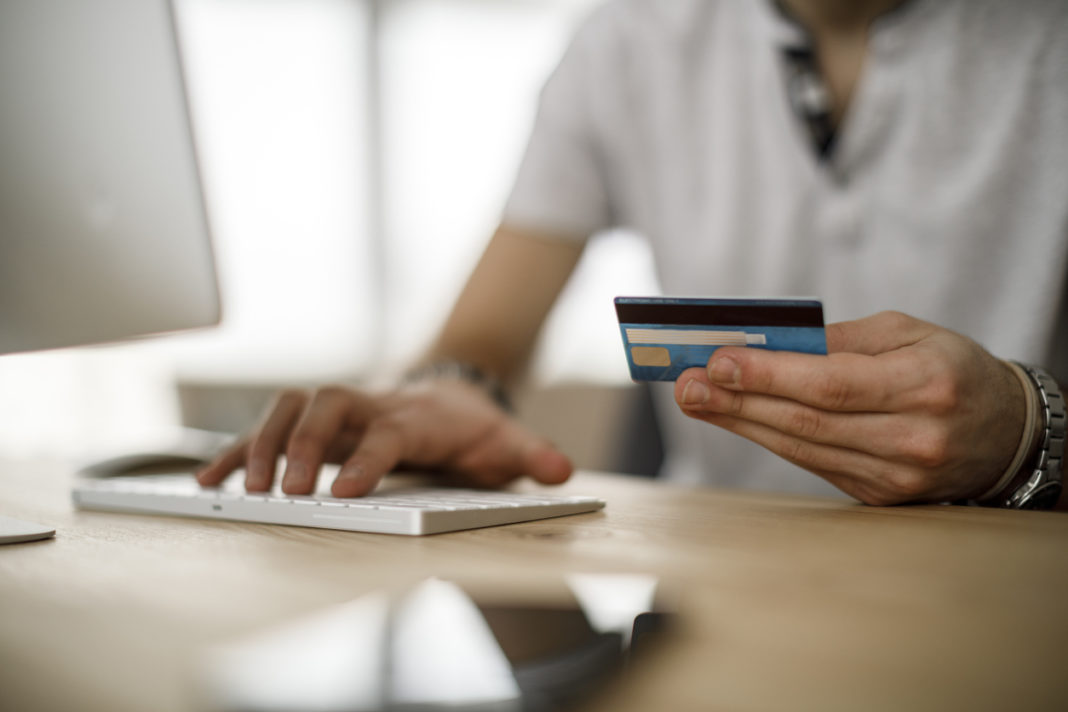Australians have so far reported losses in excess of $660,000 due to COVID-19 scams, according to the Australian Competition and Consumer Commission (ACCC).
From 1 January to 30 April, Scamwatch received over 2,000 reports mentioning COVID-19, with common scams including phishing for personal information, online shopping and superannuation.
The ACCC’s Scamwatch has received multiple reports of phishing scams sent via email or text message that claim to be providing official information on coronavirus but are attempts to try and obtain personal data.
“Unfortunately, scammers are using the uncertainty around COVID-19, or coronavirus, to take advantage of people,” ACCC Deputy Chair Delia Rickard said.
Other scams include impersonating official organisations or legitimate businesses, people receiving misinformation about cures for coronavirus, and investment scams claiming coronavirus has created opportunities to make money.
“We’ve had a wide variety of scams reported to us, including fake online stores selling products claiming to be a vaccine or cure for coronavirus, and stores selling products such as face masks and not providing the goods,” Ms Rickard said.
Scammers are now also trying to exploit Australians who are claiming early access to their superannuation with the ACCC warning scammers are cold calling people claiming to be from organisations that can help them get early access to their super.
In most cases, the scammers are seeking to obtain personal information, including information that will help them fraudulently access the victim’s superannuation funds.
Scamwatch suggests the following tips to help protect yourself from scams:
- Do not click on hyperlinks in text/social media messages or emails, even if it appears to come from a trusted source. Go directly to the website through your browser. For example, to reach the myGov website type ‘my.gov.au’ into your browser yourself.
- Never give any information about your superannuation to someone who has contacted you. Hang up and verify their identity by calling the relevant organisation directly – find them through an independent source such as a phone book, past bill or online search.
- The best way to detect a fake trader or social media shopping scam is to search for reviews before purchasing. Be wary of sellers requesting unusual payment methods.
More information on coronavirus scams is available on the Scamwatch website, including how to make a report and where to get help.
For more stories like this:



